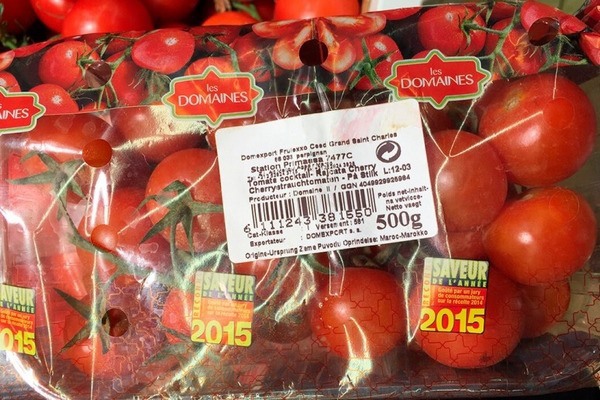Spain has launched a pilot project at the Port of Algeciras to enhance controls on agricultural imports from third countries, with a focus on Morocco. This initiative, set to expand to Barcelona and Valencia ports, aims to consolidate inspection procedures under the direct oversight of the Ministry of Agriculture. This move is part of an agreement with agricultural organizations to address their concerns and streamline the import inspection process.

The Port of Algeciras, accounting for 60% of Spain's vegetable imports from third countries, is the first to implement this new monitoring system. The system introduces a unified inspection team of agronomists and veterinarians, aiming to alleviate long-standing issues in both the agricultural and logistics sectors. The Association of Freight Forwarders had reported significant delays at the Border Control Post, attributing these to administrative bottlenecks.
The initiative emerges amidst rising production costs for the Spanish agricultural sector, with notable increases in fertilizers, fuel, and electricity prices. Concurrently, trade dynamics have seen Spain paying more for Moroccan fruit while importing lesser volumes. This has led to a shift in Spain's agricultural landscape, with an increasing number of Spanish agri-food companies establishing operations in Morocco.
Agricultural organizations have raised concerns over unequal production conditions between Spain and Morocco, particularly in terms of phytosanitary products and labor standards. The new control system at Spanish ports seeks to ensure that imported products meet European Union regulations, including those related to labeling and phytosanitary requirements. For the first time, agricultural organizations are participating in the inspection process, a move that has been welcomed by representatives from the Union of Small Farmers and Ranchers, who see it as a step towards enhancing food security for consumers and addressing the concerns of Spanish agricultural producers.
The organization has expressed its intention to stay involved in the development of the program, advocating for continuous improvements to the inspection process.
Source: Morocco World News
